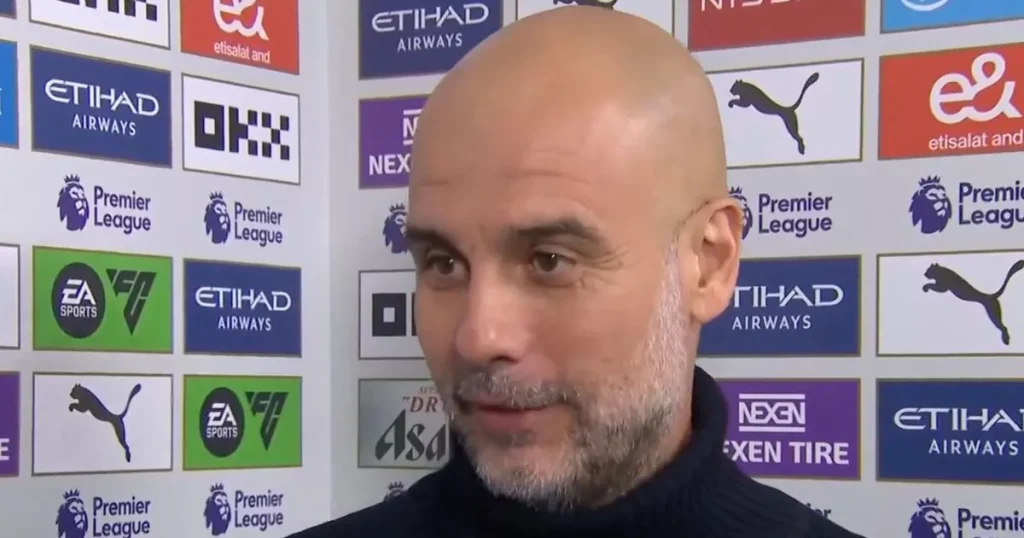Erling Haaland was criticised for his performance against Arsenal, leading Manchester City boss Pep Guardiola to drop him to the bench for their game against Aston Villa. The decision was made after Roy Keane, a Manchester United legend, criticized Haaland’s performance, calling his “general play” “poor” and likening him to a League Two player. Guardiola defended his decision, stating that he was resting Haaland and managing his minutes ahead of their busy schedule. He also emphasized the quality and skillset of Haaland, stating that he is an exceptional player despite some missed actions in games.
Despite the criticism, Guardiola justified his decision to bench Haaland by highlighting the need for more presence in the final third with additional players. He believed that the team needed more support in attacking positions to create more opportunities for Haaland to shine. Additionally, Guardiola expressed confidence in the squad’s depth and rotation capabilities, noting that they have a strong lineup to choose from for different matches. He also hinted at the upcoming game against Crystal Palace in two-and-a-half days, showing the importance of managing players’ workload effectively.
In the City lineup against Aston Villa, Jack Grealish was chosen to start after receiving an on-pitch grilling from Guardiola for his previous performance. Guardiola praised Grealish’s commitment and contribution, highlighting the significance of all players being ready and performing when called upon. Grealish’s selection against his former club showcased Guardiola’s belief in the player’s potential to make an impact, especially in a tight schedule of multiple games. The manager emphasized the importance of every player’s readiness and willingness to contribute amid the team’s injury concerns and demanding fixture list.
Guardiola responded to Keane’s criticism by defending Haaland’s quality as the best striker in the world and highlighting his past contributions to the team’s success. He explained that success in football is multidimensional, with various factors influencing a player’s performance on any given day. Guardiola underlined the need for a team effort and collective support to help players like Haaland thrive in their roles. He acknowledged the challenges and pressures faced by players in the football world, emphasizing the importance of teamwork and continuous improvement for individual and collective success.
The decision to bench Haaland sparked discussions about Guardiola’s tactical choices and player management strategies. While some questioned the move, others supported Guardiola’s rotation policy and the need to rest key players during a congested fixture schedule. The debate also touched upon the role of external criticism in shaping player performances and managerial decisions, highlighting the influence of media and legends like Keane on the football narrative. Overall, Guardiola’s decision to rest Haaland was seen as part of his broader strategy to balance the team’s workload and maintain peak performance throughout the season.
As Manchester City continue their campaign in various competitions, including the Premier League and Champions League, Guardiola’s handling of key players like Haaland will come under scrutiny. The team’s results and performances will ultimately determine the success of his rotation policy and tactical decisions. Whether Guardiola’s decision to bench Haaland against Aston Villa pays off remains to be seen, but his emphasis on squad depth, team unity, and player management will be crucial in navigating the challenges of a demanding season. The debate surrounding Haaland’s performance and Guardiola’s choices adds an intriguing layer to Manchester City’s quest for silverware and success.


